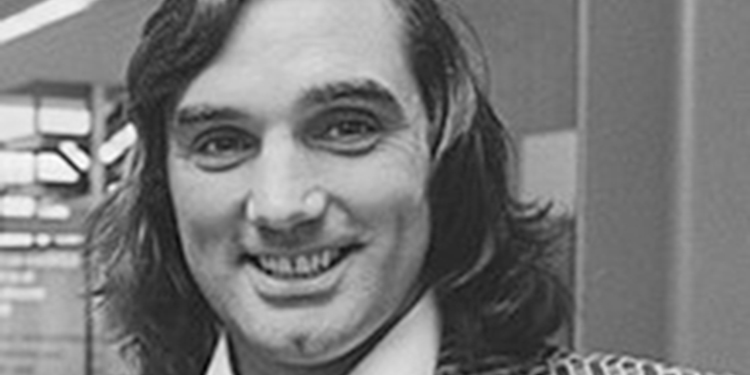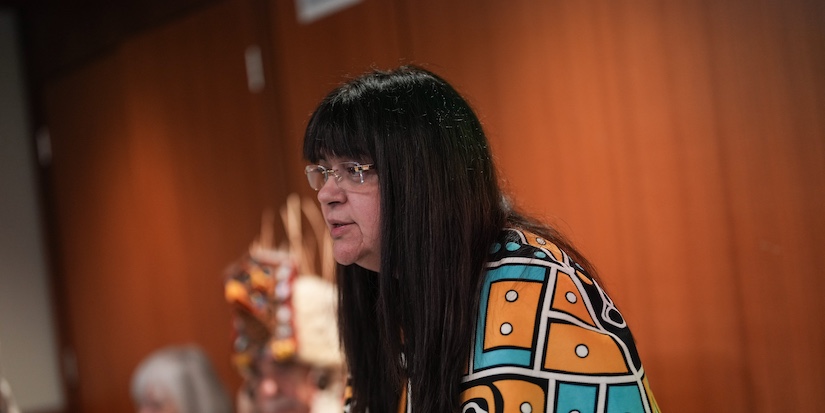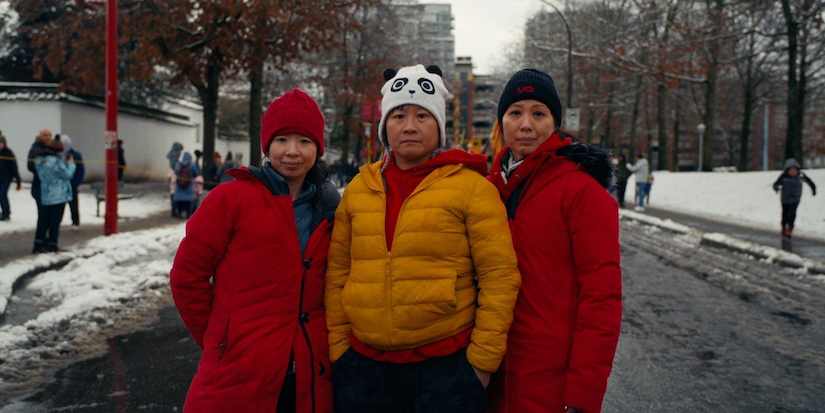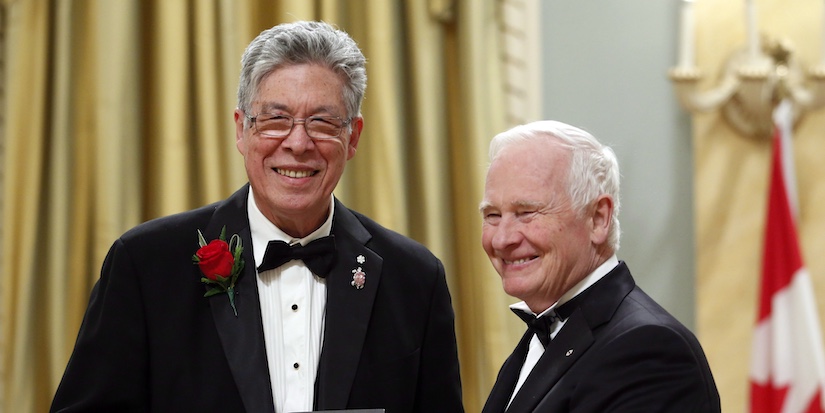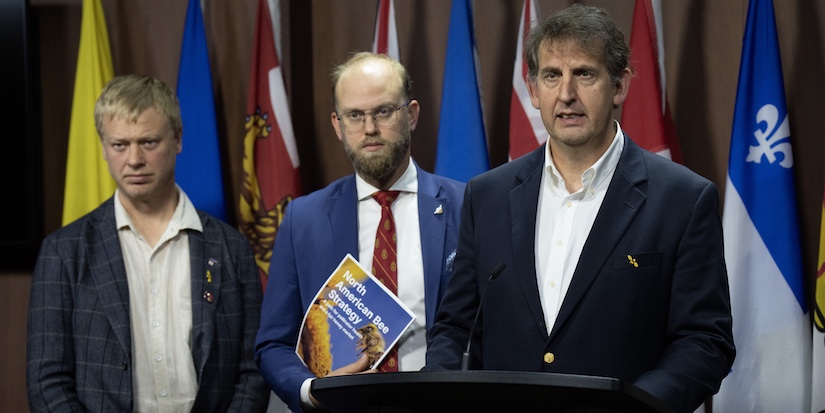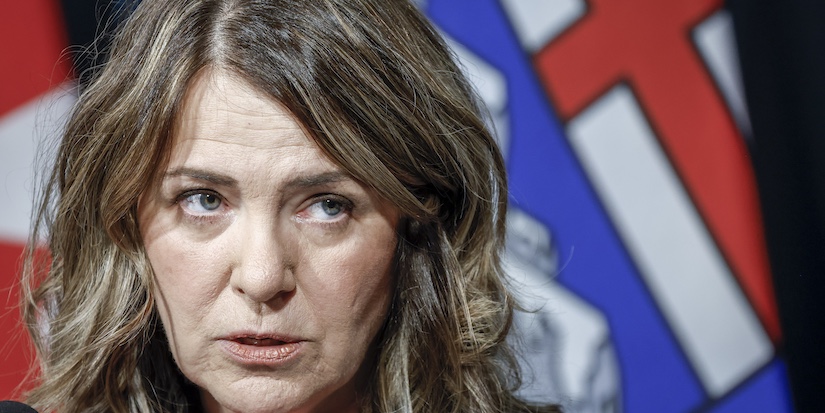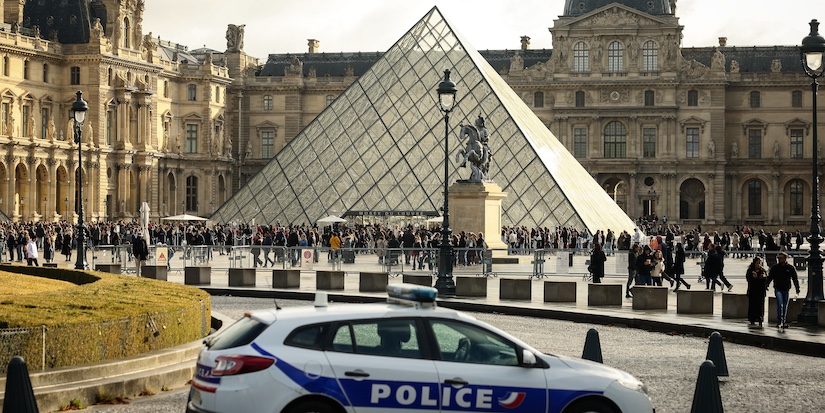Sports
George Best: When soccer royalty visited Richmond
Manchester United scout Bob Bishop was
rightly stoked the day he sent a telegram to club manager Matt Busby,
exclaiming, “I think I’ve found you a genius.” It’s doubtful, however, he realized
just how prophetic he was.
The 17-year-old Irish lad Bishop spoke so
highly of would go on to be recognized as one of the top footballers of
all-time. Indeed, the brilliant Brazilian star Pele deemed George Best to be “the
greatest.”
In the late 1980s, on the heels of his
decorated career, Best came to Richmond to participate in a coaching clinic
that coincided with the launch of a new local union called Club Ireland. For
George Roberts, it was a chance to meet his football hero.
“I had always been his No. 1 fan, and got to
coach with him for a couple weeks at a clinic arranged by (then Club Ireland
coach) Danny Burns,” remembers Roberts, a longtime Richmond resident and member
of the annual Nations Cup soccer tournament committee.
Both Roberts and Burns were part of the group
that founded Club Ireland. Eric Ross was also at the forefront of the clinic,
hosted by Club Ireland. The former Newcastle United player was an international
for Northern Ireland prior to Best playing for the side, and was instrumental
in getting Best to come to Richmond.
“What we were trying to do at the time was
get a name for Club Ireland,” Roberts said. “We were growing fast and it was a
great way of (promoting the club).”
Best agreed to play several games with a
number of juniors, which was a “great thrill for the young lads.” “He’d switch
sides each half, and before he left (Richmond) also played against an all-star
team at Hugh Boyd Park.”
Always an engaging and outgoing personality,
though he was reportedly a very shy youngster, Best was full of energy during his Richmond visit and “spent
a lot of time talking with people,” said Roberts. “He was a fine young man.”
Born in Belfast on May 22, 1946, Best was the
eldest of five children. Growing up in nearby Cregagh, he was academically
gifted but also showed his athletic prowess though initially in rugby.
Football-wise, his family supported Wolverhampton.
Best was 15 when he was “discovered” in
Belfast by Manchester United scout Bishop. Ironically, his local club Glentoran
had previously rejected him for being “too small and light.”
Initially given a “trial” by United, Best
became homesick after only two days and was soon back home. He later returned
to Manchester and spent two years as an amateur before making his First
Division debut, at age 17, in September 1963 against West Bromwich.
Best’s natural talent and emerging popularity
would soon catapult him to superstardom. The Portuguese press bestowed him with
the nickname “O Quinto Beatle” (the fifth Beatle) after the-then 19-year-old
scored twice in a European Cup quarter-final against Benfica at the Estadio da
Luz in 1966.
He was just 22 in 1968 when he reached the height
of his athletic career, winning three major honours as a member of league and
European Cup champion Manchester United. Besides the team awards, Best was also
named European Player of the Year.
All told, Best made 470 appearances for
Manchester United between 1963 and 1974, scoring 179 goals. Then, over the next
decade, he played for several teams around the globe including three teams in
the old North American Soccer League.
A highly-skilled winger, who was a renowned
dribbler, his pace and skill that made him a deft goal scorer also made him a
fan favourite.
Present at London’s Wembley Stadium for
Manchester’s overtime victory against Benfica in the 1968 European Cup final,
Roberts remembers a very controlled Best “winning the match for United.”
“He was kept under close control by Benfica,
but Besty basically took over the game,” Roberts said, who also has fond
memories of watching Best score what he considers “one of the greatest goals
ever” as a member of the Los Angeles Aztecs.
Best, who suffered from alcoholism much of
his adult life, died in 2005. He was just 59.
Tributes pored in from around the world, with
many of the game’s other legends paying him the ultimate compliments.
Put simply, George was the Best.
